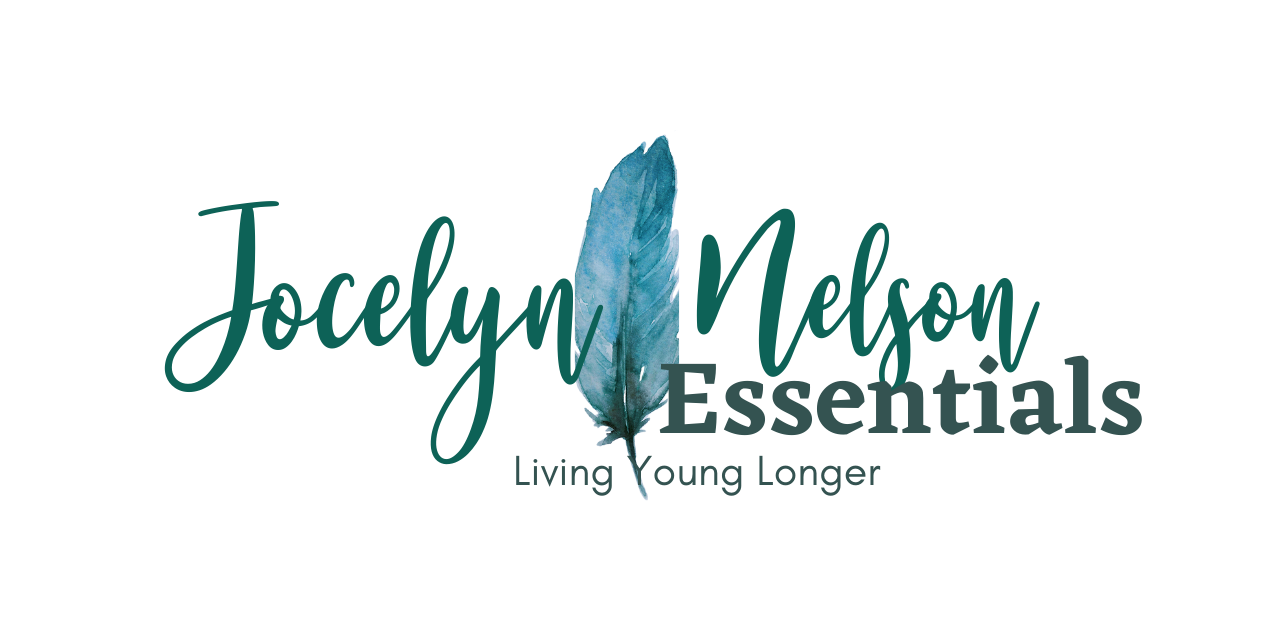
Why is Omega-3 so important as we get older. Well, actually it’s important any time but as we age we become more heart-aware and Omega-3s are some of the best supplements for heart health. Here’s what I found from the National Institute of Health; National Center for Complementary and Integrative Health.
- Omega-3 fatty acids are divided into three types, EPA, DHA, and ALA. Each of these come from different sources. EPA and DHA are generally sourced from seafood such as salmon, tuna, trout, and shellfish. ALA is generally found in some vegetable oils (canola and soy). Supplements for EPA and DHA should include fish oil supplements. Supplements for ALA would come from flaxseed oil.
- Per NIH) “Results of studies on diets rich in seafood and heart disease provide moderate evidence that people who eat seafood at least once a week are less likely to die of heart disease than those who rarely or never eat seafood.”
- While supplements are helpful, evidence suggests that eating seafood is more effective than supplements. But supplements can fill in when seafood is not available.
- A 2012 review of the scientific literature concluded that EPA and DHA types of Omega-3 could modestly help relieve symptoms of rheumatoid arthritis.
- Omega-3 may be able to fight some depression and anxiety. Studies have shown that people that regularly consume Omega-3, are less likely to be depressed. And those with depression or anxiety show some reduction of symptoms when they start taking Omega-3s.
- The omega-3 fatty acid DHA is a major structural component of the eye’s retina. It may help prevent macular degeneration which can lead to vision impairment and blindness.
- Omega-3s can reduce chronic inflammation, which can contribute to heart disease, cancer, and various other diseases.
- Omega-3s can improve sleep. Low levels of omega-3 fatty acids are associated with sleep problems and obstructive sleep apnea in adults. Low levels of DHA are also linked to lower levels of the hormone melatonin, which helps you fall asleep. Studies in both children and adults show that supplementing with Omega-3 increases the length and quality of sleep.
- Omega-3s are great for your skin. DHA is a structural part of your skin responsible for the health of cell membranes. A healthy cell membrane results in soft, supple, and wrinkle-free skin. EPA is beneficial in managing oil production and hydration of your skin, reducing premature aging of skin, and reducing the risk of acne.
- Krill oil (from tiny crustaceans) vs. Fish oil (from anchovies, mackerel, or salmon) may be better for you since some studies show that it is easier for your body to absorb and use more efficiently. It also has the antioxidant Astaxanthin, which is not found in fish oil. The Astaxanthin may be able to protect the Krill oil from oxidation (keep longer). And some studies show that Krill oil can support the heart more efficiently than Fish oil. The downside of Krill oil is that it is much more expensive than Fish oil. Not sure if the benefits outweigh the price.
The bottom line: Including seafood in your diet is healthful. However, if you are considering omega-3 supplements, talk to your health care provider if you take medicine that affects blood clotting or if you are allergic to seafood.















0 Comments